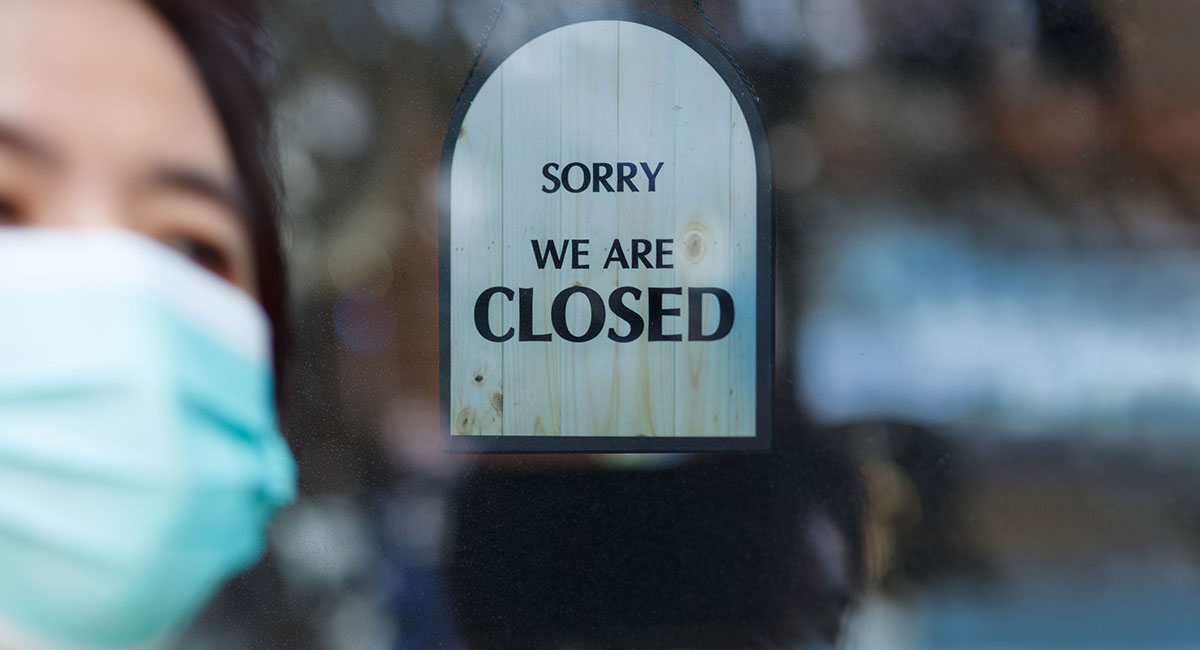Whenever government intervention in the private sector is ineffective—and especially when it is counterproductive—commentators frequently express surprise and excuse the consequences as unintentional or unanticipated.
Do rent controls shrink the supply of apartments, degrade housing as landlords skimp on amenities and maintenance expenses and cause them to charge extra for keys and parking spaces?
Do minimum-wage laws lessen job openings for low-skilled workers, and prompt employers to reduce the number of paid hours, substitute machines for labor, reduce nonwage benefits and cut off the bottom rungs of career ladders, propping up union wage scales?
Did business lockdowns, stay-at-home orders and school closures during the protracted COVID-19 pandemic produce widespread economic hardship, inflict lifelong learning losses on K12 students and raise morbidity and mortality as people deferred routine health care screening and elective surgeries?
Do offering needle exchanges and subsidizing housing for the homeless unconditioned on behavioral changes encourage homelessness?
Don’t blame us for those unhappy outcomes, many politicians and policymakers say. Our intentions were good. Blame the “greedy” capitalists or the wreckers bent on undermining constructive social welfare goals.
Voters should be skeptical of such self-serving rhetoric. They should rely instead on the evidence of governmental failure before their own eyes.
In a 1975 “supplementary note” to his seminal and widely cited 1971 article on the theory of economic regulation, Nobel-laureate George Stigler challenged the conventional wisdom that the problematic effects of many public policies can be excused by policymakers’ ignorance, the time pressures under which they operate or inadequate budgets.
Relying on the evidence he assembled, sometimes with Claire Friedland, on many federal alphabet agencies, Stigler showed that regulations often benefited the regulated companies rather than their customers. Proposing what has since been called the “capture theory,” Stigler advised students of regulatory processes “to look, as precisely and carefully as [they] can, at who gains and who loses, and how much,” rather than accepting political posturing at face value.
More provocatively, in seeking to explain why a regulatory policy persists, especially in the face of evidence that its real effects are “unrelated or perversely related” to its announced goals, Stigler argued that “the truly intended effects should be deduced from the actual effects.”
Mistakes of course are possible, but for longstanding, widely adopted policies “it is fruitful to assume that the real effects were known and desired.”
“[A]n explanation of a policy in terms of error or confusion is no explanation at all—anything and everything is compatible with that ‘explanation,’” he continued.
Stigler’s plea for looking beyond politicians’ and policymakers’ attempts to justify interventions as byproducts of their good intentions (and to excuse their frequent policy failures) echoes Frédéric Bastiat’s distinction between “good” and “bad” economists.
In laying out his famous fallacy of the broken window, Bastiat (1801–1850) emphasized that bad economists grasp only the immediate effects of a public policy, or, “that which is seen,” whereas good economists anticipate the sometimes-fatal second- or third-order consequences, “that which is unseen.”
Because the “science” underpinning public policy always is provisional, and necessarily is filtered through and often deformed by political processes, ordinary people must be wary of governmental “experts” and perhaps those affiliated with elite institutions of higher education. Small numbers of good economists and public health professionals warned of the readily foreseen social costs of the harmful information propagated by government officials and the draconian policies they advised during the COVID-19 era.
As Stigler and Bastiat taught, the regulatory costs imposed on the rest of us were not mistaken; nor were they inadvertent. The problem those two good economists identified goes much deeper than the identities of the politicians and bureaucrats who oversee public policies. Institutional reforms are required to change the incentives officials face, to reduce their powers and to constrain their behaviors.
Admitting and apologizing for past policy “blunders” would be a good place to start. Demanding that Congress and the administrative state objectively review the rules and policies they adopt (now very rare) would be even better.











